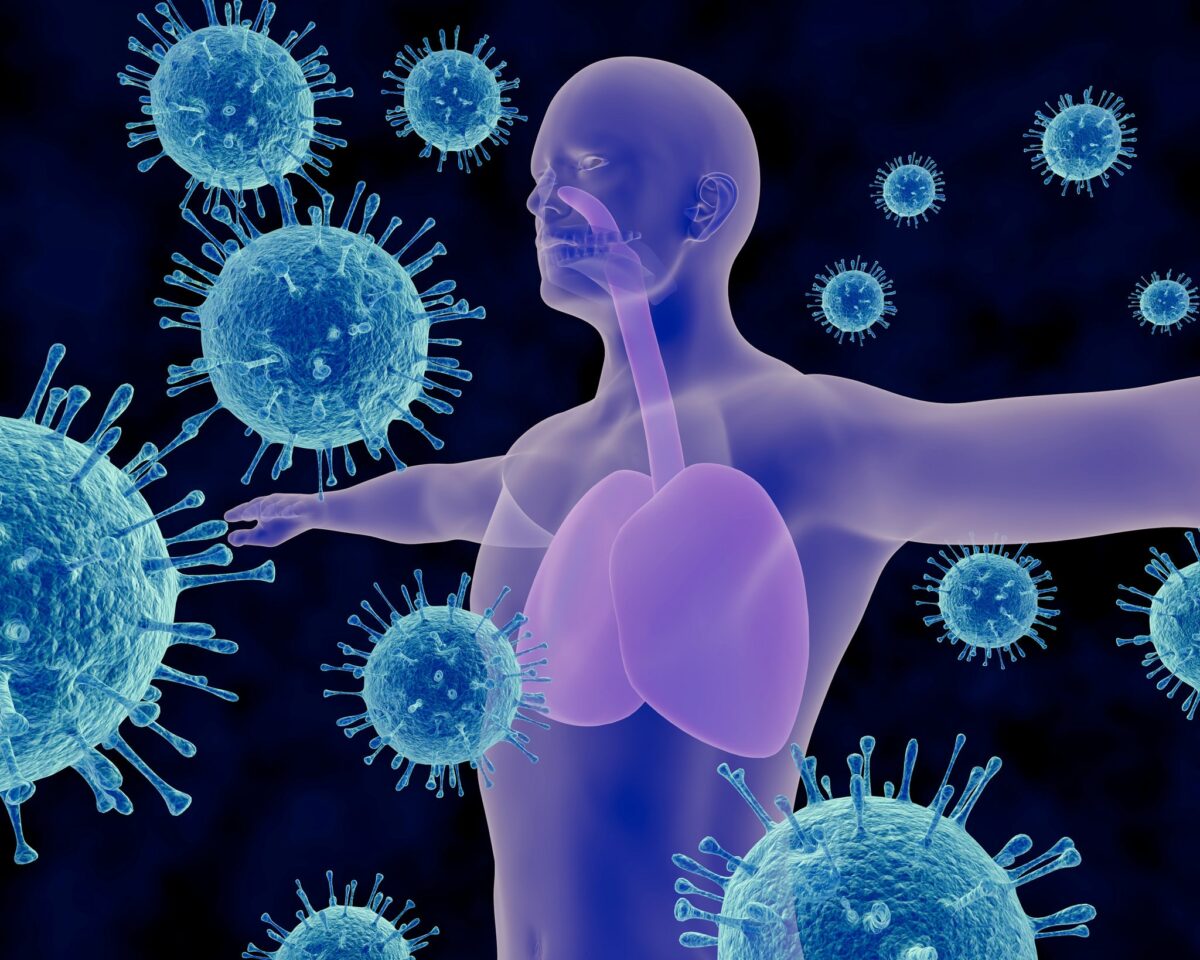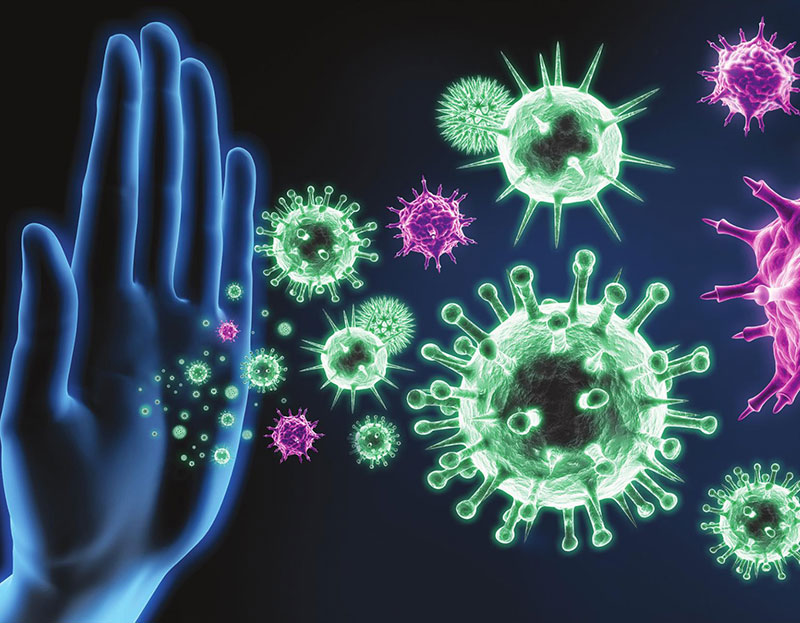In Part I the author has defined and described the immune system and has addressed the three types of immunity. In Part II the author has shown symptoms of weakened immunity and factors that weaken the immune system. The author will give recommendations on how to train the immune system in Part III.
Recommendations for strong immunity
1. Relax
Some stress can be a good thing. It helps your body get ready for a challenge. But if it lasts too long, that’s bad news. Studies show it can weaken your immune system. Avoid it when you can. Make it a point to unwind and do things you enjoy.
2. Make Love
Those who made love more often had higher levels of a cold-fighting substance in their bodies is scientifically proven in many studies. Start cuddling.
3. Dogs and other pets are not only good buddies. They also give us a reason to exercise and boost our health in other ways. Pet owners have lower blood pressure and cholesterol levels and healthier hearts. Dogs can help your child’s immune response and make him or her less likely to get allergies.
4. Build a social network
Socializing with people gives us an immune boost. Try hugging for more than 30 seconds.
5. Change the angle of looking at things and circumstances.
Life will get brighter.
6. Laughter
Laugh as often as you can. If you have trouble, check in for a Laughing Yoga Class or try the “Laughing Buddha” exercise.
7. Eat colorful
Colorful food has the digestive enzymes that you need. Proper nutrition must include dietary requirements of nutrients (vitamins A, C, E, Zn, Omega 3 and Omega 6), which can be found in fruits and vegetables, oil, algae and fresh and wild caught fish. Eat gluten- and dairy-free.
8. Nutritional supplements
Take food grown, organic, dairy and gluten free supplements like Selenium, Probiotics, Vitamin C, Vitamin B, Zink, Omega 3 and Omega 6, Spirulina, Chlorella, Chaga, Cordiceps, Curcuma
9. Exercise
Exercise in moderation is essential for wellbeing and a well-functioning immune system. Try walking, biking, hiking, swimming, Yoga asanas, and other practices to move your body.
10. Alternating Showers
Every morning practice alternating showers… Starting with hot water for 2 minutes, followed by cold water for 30 seconds. Start from the right foot upwards and finish with the left foot avoiding cold water on the head. Repeat two times.
11. Saltwater gargling
Practice sea-saltwater gargling of throat and whole oral area daily in the morning and before sleep.
12. Meditate
13. Give yourself a good night’s sleep
Avoid caffeine and alcohol prior to go to bed. Make sure you sleep in a cool room and you have no technology in the room like mobile phones radios, TV, lamps. Get at least 7 and up to 9 hours of quality sleep every night.
14. Avoid Alcohol
Best would be to avoid it completely. If you drink, stick to a maximum of one drink per day.
15. Avoid Cigarettes and all substitutes for them. Smoking kills.
Ask a life and health coach or a healing practitioner to help you cut the habit of smoking.
16. Wash your hands thoroughly.
17. Eliminate industrial processed sugar totally.
18. Drink at least two liters of water daily.
Think of buying and Osmoses filter or try to find a clean well that provides you with fresh water.
19. Avoid antibiotics
Except when prescribed by a physician.
The author hopes that the above points above will help you maintain a well-functioning immune system.
If you would like help to improve your immune function or for any other health or psychological complaint or you would simply like to improve the quality of your life, please contact Coach Stanković for an appointment and we will organize a time that suits both.
The information contained in this Blog is intended only for information and education purposes for interested readers, friends or students of the author. The author does not advocate the use of any particular health-care protocol, usage of remedies, or combination thereof. The author does not warrant the effectiveness or safety of any protocols or remedies contained in this Blog. The information contained herein shall not substitute for consultation with a physician or other qualified healthcare provider. Any attempt to diagnose and treat an illness should be done under the direction of an authorized healthcare professional.
Please share on social media and leave a comment, the author would love to hear from you.
Until then stay healthy and happy!
With respect,
Oliver Stanković Life & Health Coach
Pranic Healer according to GMCKS
Certified SCIO Practitioner
Arhatic Yoga Practitioner
Mail: info@stankoviccoaching.com
Web: www.oliverstankoviccoaching.com


